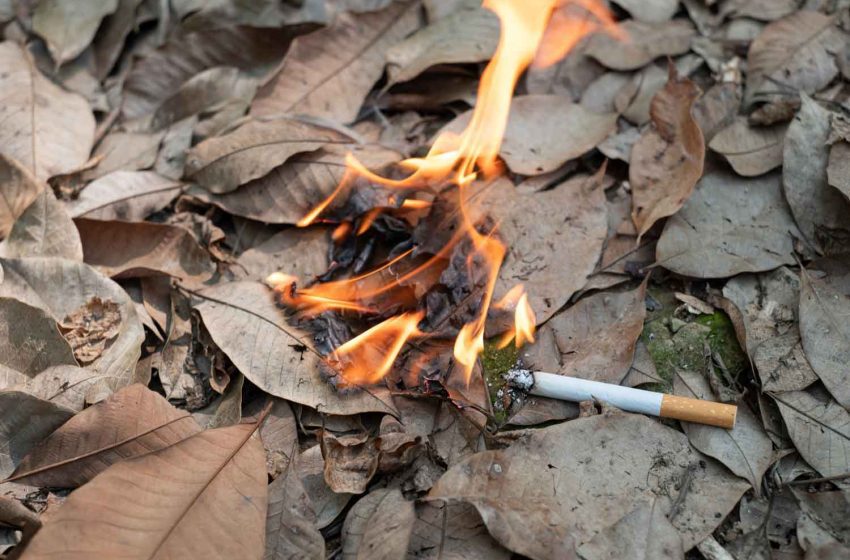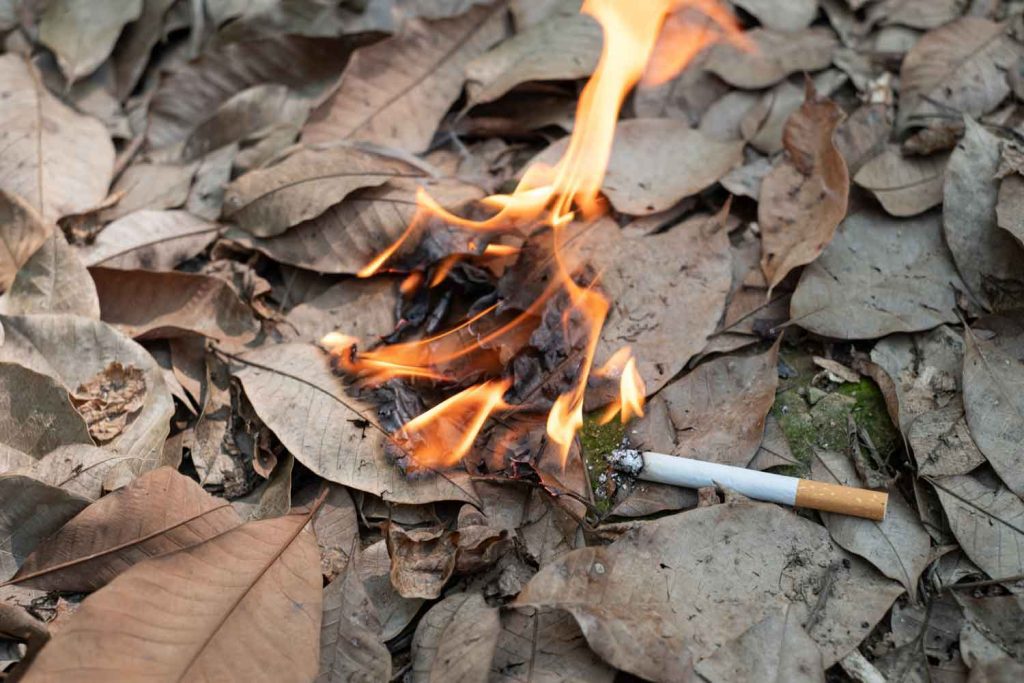
The government of Pakistan will collect PKR200 billion ($698.5 million) in tobacco taxes this year, up from PKR148 in the previous fiscal year, reports Dawn, citing a study by The Capital Calling.
In February, the government significantly increased the federal excise duties. According to The Capital Calling study, the higher prices forced one in every 94 smokers in Pakistan to quit.
The tobacco industry says the higher taxes have prompted many smokers to buy their cigarettes on the black market. According to industry representatives, volumes of duty-not-paid cigarettes and smuggled cigarettes have shot up 32.5 percent and 67 percent, respectively, since January. This has bumped the illicit sector’s share to more than 42.5 percent of Pakistan’s total tobacco market.
Critics say the industry is exaggerating the problem, with some surveys estimating the share of illicit sales at only 18 percent of the tobacco market.
Pakistan Tobacco Co. has scaled back production in the wake of the tax hike, citing difficulties competing with the thriving illicit market. In a letter to the Federal Board of Revenue, the company stated its intention to reexport four cigarette making machines due to a decline in sales volume. The company has reportedly already shut down eight of 10 production lines at its Jhelum facility.


















